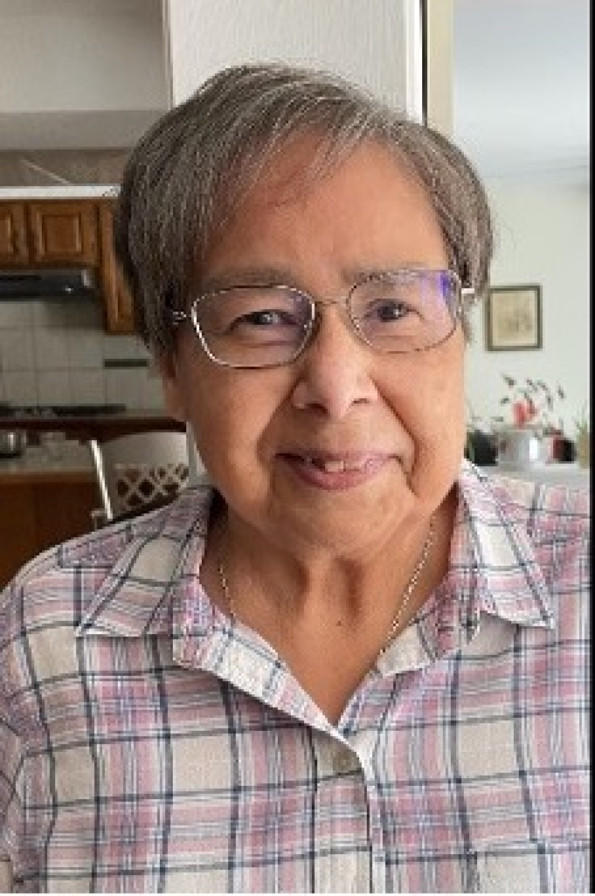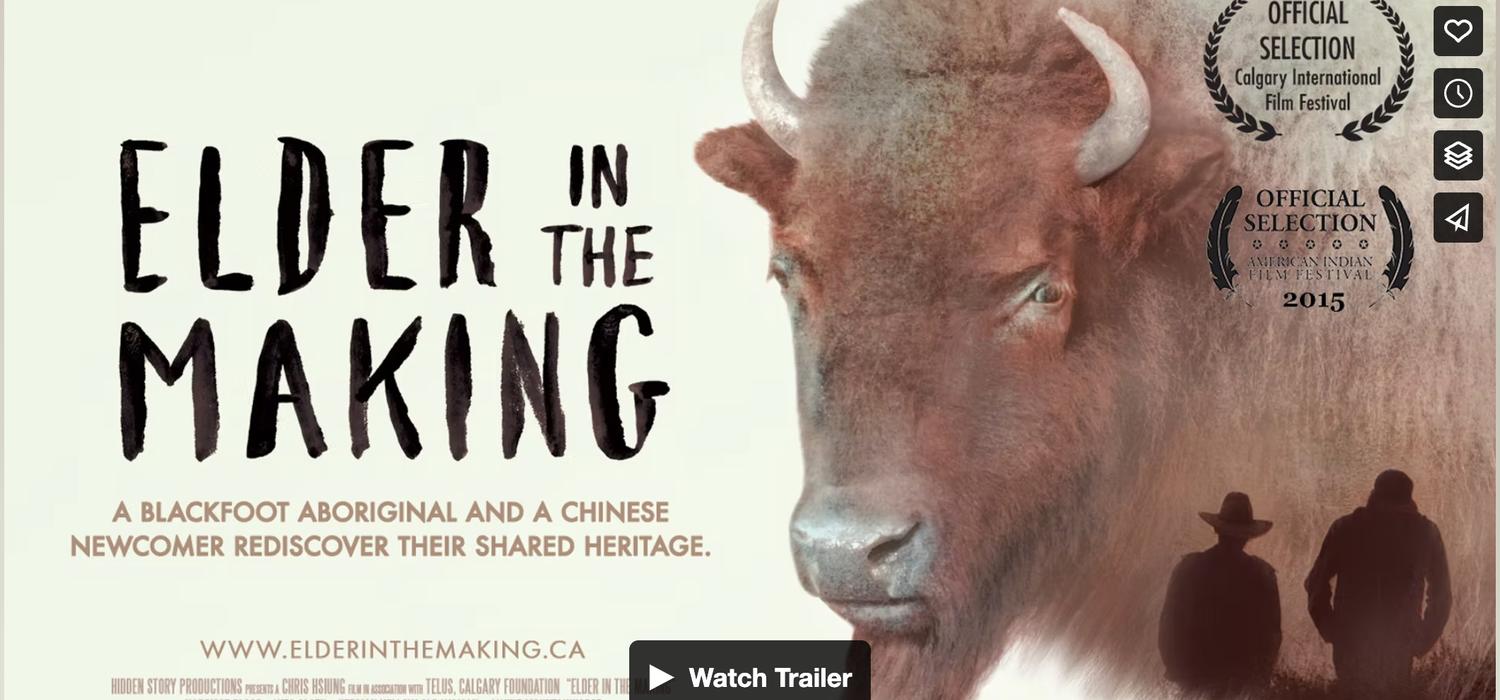
July 28, 2022
What We Are Learning This Week with Dr. Barb Barnes

August 8, 2022 in INDG 397 Topics in Canadian Indigenous Studies
Dr. Barb Barnes is exploring Literature and Identity: Indigenous Peoples and Early Settler Writing
Can you tell us a little more about this topic?
Indigenous Peoples had oral traditions from the beginning of time. Historians, Anthropologists, Archaeologists wrote about the Indigenous person, their traditions, and ceremonies. Eventually Indigenous Peoples wanted to tell their own stories, thus began written texts by them of poetry, stories, autobiographies. Understanding and appreciating Indigenous identity is enhanced through their literature. According to Bernie Harder (2005) the literature by Indigenous Peoples often draws from their experience of the world around them and exposes the tension “with the dominant ideologies of institutionalized education [and] this approach might make it possible to challenge the colonization that affects all of us, whether we are aware of it or not” (p.335).

What else do you cover in your course?
I also cover in this course Literature from the early Immigrant Settlers in Canada. This is important to grasp how their interaction has an impact on Canadian society and culture. Early settler writing speaks of learning new languages, behaviours, and customs. They seek to understand an identity which fits with this new Canadian way of life. The settler literature is rooted in connecting with the community as separating themselves as uniquely different.
What do you love about teaching this course?
What I enjoy about teaching this course is that the amount of literature that is available to draw from. More and more Indigenous Peoples are writing and there is a big list of stories from early settlers. We can never be short of stories being told.
What I also like about this course is that Native literature is based on an understanding of knowledge and meaning that is rooted in the community. As well, the Philosophy of everything is connected to the individual, to the land, and to the people and to the great mystery. Settler literature is compelling and interesting.
And what I like the most is that both the literatures “Come to Voice”, they create a balance between the past and the present, and that the students share stories that they heard growing up.
Finally, what other courses would you recommend for students interested this topic?
There are many courses that one could take to accommodate this course. In the Department of English students might like ENGL 372 Canadian Literature, ENGL 376 Indigenous Literature of Turtle Island, ENGL 493 Global Indigenous Literature, and ENGL 515 Advanced topics global Indigenous contexts.
In the Dept. of History students should look at: HTST 211 Canada Origins to 1867, HTST 303 Great explorations, HTST 340 Ethnicity, Race & Immigration in Canada, HTST 345 Canadian Indigenous History, HTST 443 The Metis People of Canada, HTST 447 Northern Horizons Subarctic and Arctic Canadian History, and HTST 529 Topics in Indigenous History.
Within the International Indigenous Studies Program, students should INDG 303 Indigenous ways of Knowing I and II, INDG 317 Ecological Knowledge, and INDG 415 Indigenous Ethics and Protocol.
